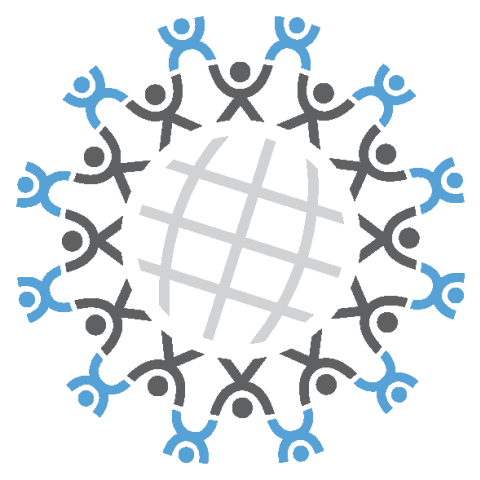Where We Work
See our interactive map



Malaria is the most common life-threatening infection in the world and is responsible for over a million deaths a year. However, the WHO’s World Malaria Report 2009 found that an increase in international funding has produced a dramatic rise in efforts to control malaria—and measurable reductions in the disease—in several countries. The full report can be read here.

December 3, 2009, Chapel Hill, NC—To honor 30 years of supporting health workers, IntraHealth International has created a named award for a long-serving employee, Pauline Wambui Muhuhu. President and CEO Pape Gaye presented the inaugural Pauline Muhuhu Leadership Award, with a small cash prize, during a ceremony at the non-profit’s North Carolina headquarters this week.



